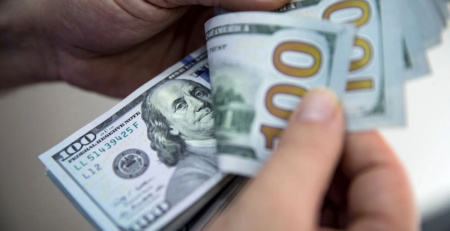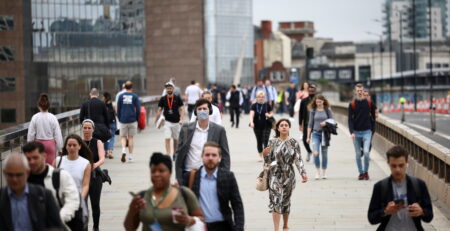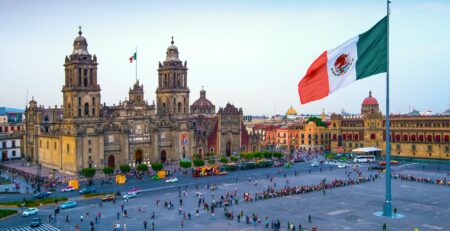9.5 Million Americans Are Raiding Retirement Accounts Amid Covid-19
The Covid-19 pandemic has crippled economies all around the world. From healthcare disasters to black swan financial events, it has been quite some time since the future has seemed so bleak. According to a story originally published by CNBC, this widespread financial strife has caused more than one in four Americans to raid their retirement savings.
Read also US. The Reason COVID-19 Might Destroy 22% of Workers’ Retirement
Although withdrawing from retirement plans during a financial emergency may seem like a viable strategy, the short-term gains may pale in comparison to the long-term losses. In order to avoid potentially worse financial situations in the future, prematurely withdrawing from a retirement account should, in most cases, be your last resort.
Read also US. Pandemic creates pension plan tension: Take the lump sum or trust lifetime payments
Examining coronavirus-related unemployment numbers Since early March, more than 38 million people have filed initial claims for unemployment benefits, according to the Bureau of Labor Statistics. Many of those job losses are the direct result of the pandemic-induced economic downturn.
Read also US. Why you may wind up relying more on social security in retirement than you expect to
These financial stresses have caused many newly unemployed individuals to turn to their retirement savings accounts for temporary financial support. One of the more commonplace strategies for doing so is to withdraw several thousand dollars every two to three weeks in order to mimic the paycheck frequency people have become accustomed to.
The problem here is that more than 70% of these recently unemployed individuals have not invested more than $1,000 into their retirement accounts within the past year. These low savings amounts coupled with the large bi-monthly withdrawals can cause devastating financial shortfalls in the future by removing much of the wealth that would otherwise compound over time.
Read more @Forbes










